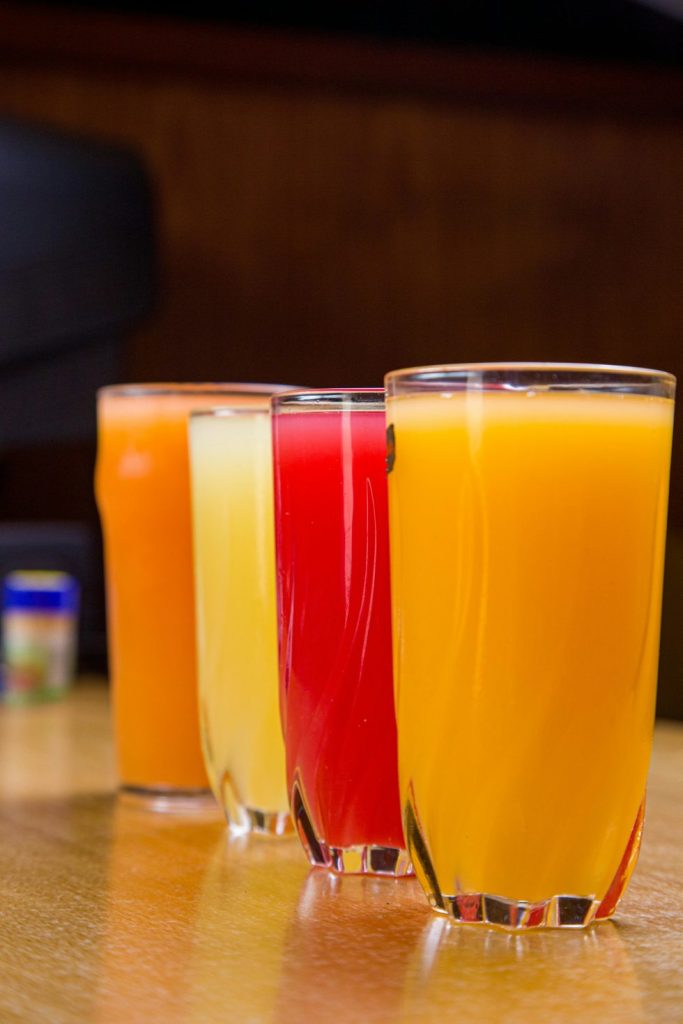Pregnancy is a time of great joy and careful consideration, especially when it comes to the foods and beverages consumed. While freshly squeezed juices are often marketed as a healthy choice due to their natural ingredients and lack of additives, unpasteurized juices can pose significant risks to both the mother and the developing baby.

Understanding Pasteurization
Pasteurization is a process of heating liquids to destroy harmful bacteria, such as E. coli, Salmonella, and Listeria, without significantly altering the taste or nutritional content of the product. This process is crucial in preventing foodborne illnesses, which can be particularly dangerous during pregnancy when the immune system is weakened.
Why Unpasteurized Juices Are Risky
1. Bacterial Contamination: Unpasteurized juices carry a higher risk of containing harmful bacteria. Fruits and vegetables used in juicing can become contaminated at various points during growth, harvest, storage, or processing. Without pasteurization, these bacteria can survive and potentially cause infections.
2. Listeria Risk: Listeria monocytogenes is a bacterium that can grow at refrigerator temperatures and is particularly dangerous during pregnancy. It can cause miscarriage, stillbirth, premature labor, or serious illness in newborns.
3. Potential Viral Infections: While less common, unpasteurized juices may also harbor viruses such as hepatitis A, which can have severe consequences for both the mother and the baby.
4. Limited Regulation: Unlike commercially processed and pasteurized juices, which are subject to stringent safety standards, homemade or freshly squeezed unpasteurized juices may not undergo adequate testing or regulation.
Safe Alternatives
1. Pasteurized Juices: Opt for juices that have been pasteurized, as this significantly reduces the risk of bacterial contamination while retaining most of the nutritional benefits.
2. Homemade Pasteurization: If you prefer homemade juices, consider pasteurizing them yourself by heating them to at least 160°F (71°C) for a few seconds and then rapidly cooling them. This method can help kill harmful bacteria while still allowing you to enjoy freshly made juice.
3. Whole Fruits and Vegetables: Eating whole fruits and vegetables rather than consuming them as juices can also reduce the risk of bacterial contamination, as the outer surfaces are typically washed before consumption.
While it’s natural to prioritize health during pregnancy, it’s essential to be aware of the potential risks associated with unpasteurized juices. By choosing pasteurized juices or properly pasteurizing homemade options, you can significantly lower the risk of foodborne illnesses and ensure a safer pregnancy journey for both you and your baby. Always consult with your healthcare provider for personalized advice on nutrition and food safety during pregnancy. Remember, informed choices lead to healthier outcomes for everyone involved.
